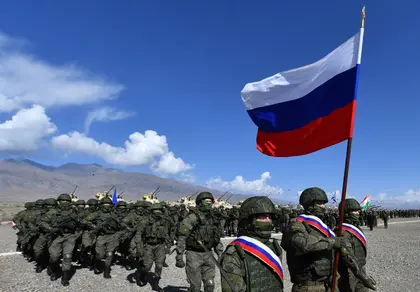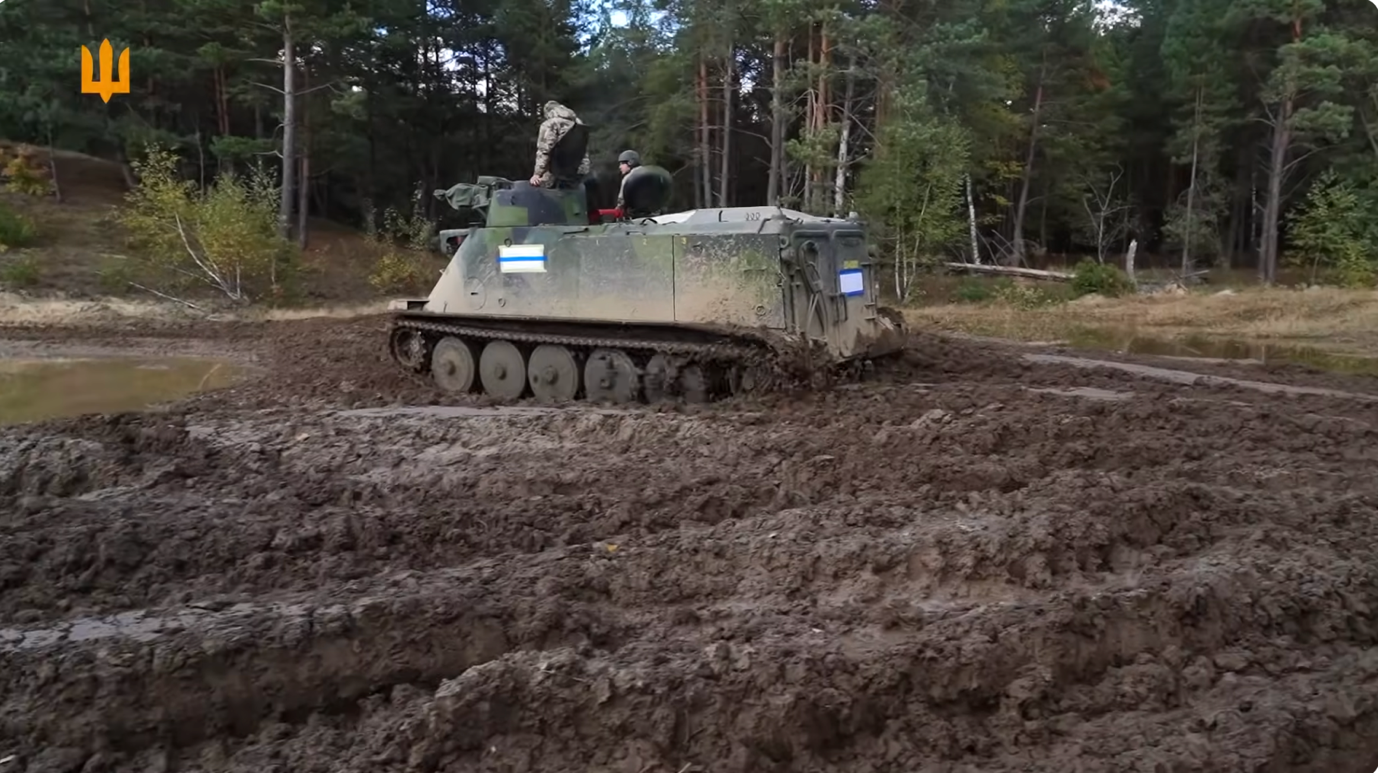The UN nuclear watchdog on Thursday, Nov 3, said its inspectors had found no indications of “undeclared nuclear activities” at three locations in Ukraine during visits requested by Kyiv to address Russia’s “dirty bomb” allegations.
“Our technical and scientific evaluation of the results we have so far did not show any sign of undeclared nuclear activities and materials at these three locations,” said Rafael Grossi, head of the International Atomic Energy Agency (IAEA).
JOIN US ON TELEGRAM
Follow our coverage of the war on the @Kyivpost_official.
“We will report on the results of the environmental sampling as soon as possible,” Grossi added, referring to samples collected by IAEA inspectors.
The inspections at the Institute for Nuclear Research in Kyiv, the Eastern Mining and Processing Plant in Zhovti Kody and the Production Association Pivdennyi Machine-Building Plant in Dnipro followed a written request from Ukraine.
“Over the past few days, the inspectors were able to carry out all activities that the IAEA had planned to conduct and were given unfettered access to the locations,” the UN agency’s statement said.
On Monday the UN nuclear watchdog said its inspectors had begun verification activities at two locations in Ukraine.
A request to visit a third site in Ukraine was later made by Kyiv after Russia made allegations about activities there too, an IAEA spokesman told AFP.

‘The Holy Grail of American Elections’ – Ukraine at War Update for Nov. 5
Russia accused Ukraine of preparing to use dirty bombs against Russian troops while Kyiv suspects Moscow might itself use a dirty bomb in a “false flag” attack, possibly to justify use of conventional nuclear weapons as ground troops run into setbacks.
A dirty bomb is a conventional bomb laced with radioactive, biological or chemical materials which are spread in an explosion.
Russian President Vladimir Putin had previously called for the IAEA to inspect Ukraine’s nuclear sites “as fast as possible”.
You can also highlight the text and press Ctrl + Enter






